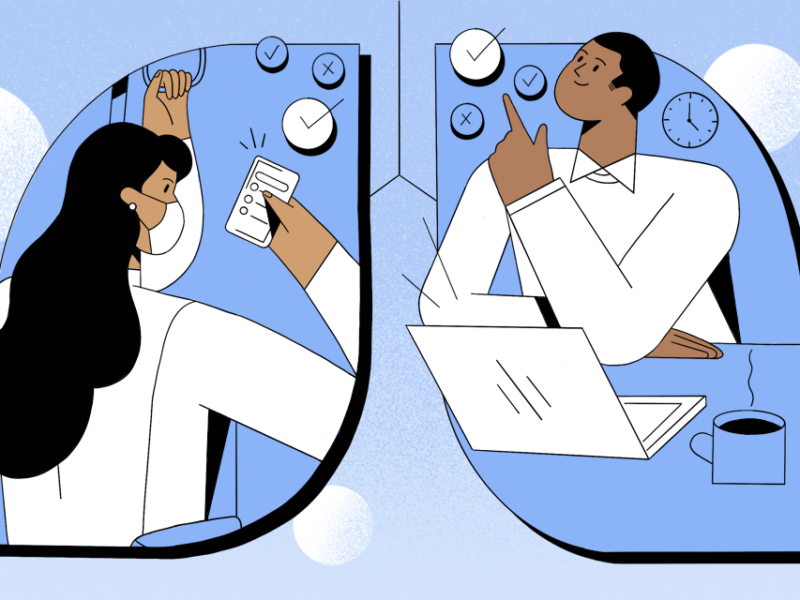In its debut lab analysis study, Consumer Reports magazine reveals disturbing findings about ground turkey sold in retail stores across America. Reportedly, over fifty percent of the 257 samples tested positive for fecal bacteria, and approximately ninety percent contained at least one of the five bacteria for which they tested. Last, significant percentages of the bacteria detected in turkey samples were resistant to three or more antibiotics. Members of the meat industry have disputed this study, calling it sensational and deceptive.
The study tested 257 samples of ground turkey for five types of bacteria: Enterococcus, Escherichia coli (E. coli), staphylococcus aureus, salmonella and campylobacter. Enterococcus and E. coli were the most commonly identified of the five bacteria. None of the meat tested contained campylobacter. The bacteria identified in this report can cause food poisoning as well as urinary, bloodstream and other infections.
The study also found that many of these bacteria were resistant to antibiotics. Researchers tested the bacteria found in ground turkey against a variety of antibiotics, including ampicillin, ceftriaxone, ciprofloxacin and tetracycline. They found that 144 of the 178 enterococcus samples and 82 of the 155 E. coli samples were resistant to three of more antibiotic classes, and three of the 39 staph samples were resistant to methicillin. In other words, three samples contained MRSA, a drug-resistant bacterium that can be fatal.
Antibiotic resistance can either be “intrinsic” or “acquired,” meaning that some bacteria are naturally resistant to certain drugs, and can evolve to become resistant to others. When we expose bacteria to antibiotics, we run the risk that some will resist the drugs and will survive. These “stronger” bacteria reproduce. Future generations of bacteria then all have this trait that makes them able to fight antibiotics. Now, certain drugs are completely ineffective against certain bacteria.
Antibiotic resistance can develop when drugs are used improperly, such as when dosage instructions are not followed, or when drugs to treat bacteria are used to “treat” viral infections. Workers in the meat industry treat animals with low doses of antibiotics to prevent infections and increase the rate of growth. Organic meat is not treated with antibiotics.
Representatives of the $29.5 billion turkey industry questioned the methods of this study and their findings. The President of the National Turkey Federation (NTF) Joel Brandenberger was quoted in a news release as saying "Consumer Reports had the opportunity to foster a serious, thoughtful discussion about food safety, but instead it chose to sensationalize findings and mislead people."
The NTF argued that the study’s sample size was too small. Additionally, they asserted that enterococcus and generic E. coli typically do not cause food poisoning and that the most dangerous bacteria, campylobacter and salmonella, were the least prevalent.
They also pointed out that ciprofloxacin has not been used in the poultry industry for eight years, so they cannot explain any resistance to this drug. Likewise, they argue that tetracycline is not commonly used as an antibiotic in people, so any resistance to this drug is not a cause for concern.
NTF Vice President of Scientific and Regulatory Affairs Lisa Picard also noted that antibiotics help keep prices low for consumers. "The turkey industry judiciously uses antibiotics under strict guidelines set by federal law to restore health, and to treat and control disease. This makes good sense for the turkey's health and lowers production costs, something very important to budget-conscious consumers."
Efforts to curb the industry’s use of antibiotics are under way in the federal government. Congresswoman Louise Slaughter (D-NY) has worked to pressure the FDA to more strictly regulate use of antibiotics in the meat industry. The current guidelines for the “judicious use of antibiotics” are voluntary, meaning the industry can choose whether or how to enforce them.
Congresswoman Slaughter condemned the inaction of the FDA. “It’s shameful that the FDA has abandoned its responsibility to protect the health and safety of Americans in favor of protecting an industry it is supposed to be regulating. The link between overuse of antibiotics in food-animals and antibiotic-resistant bacteria in our food is as clear as day, yet the FDA refuses to take action.”
